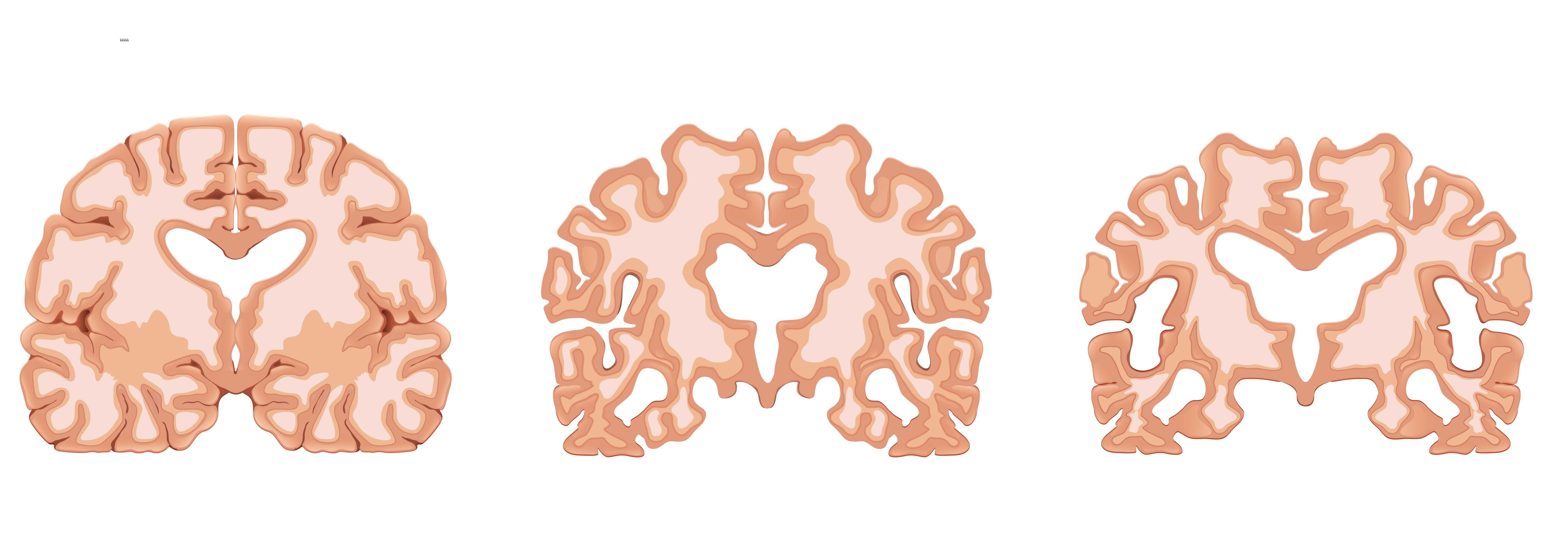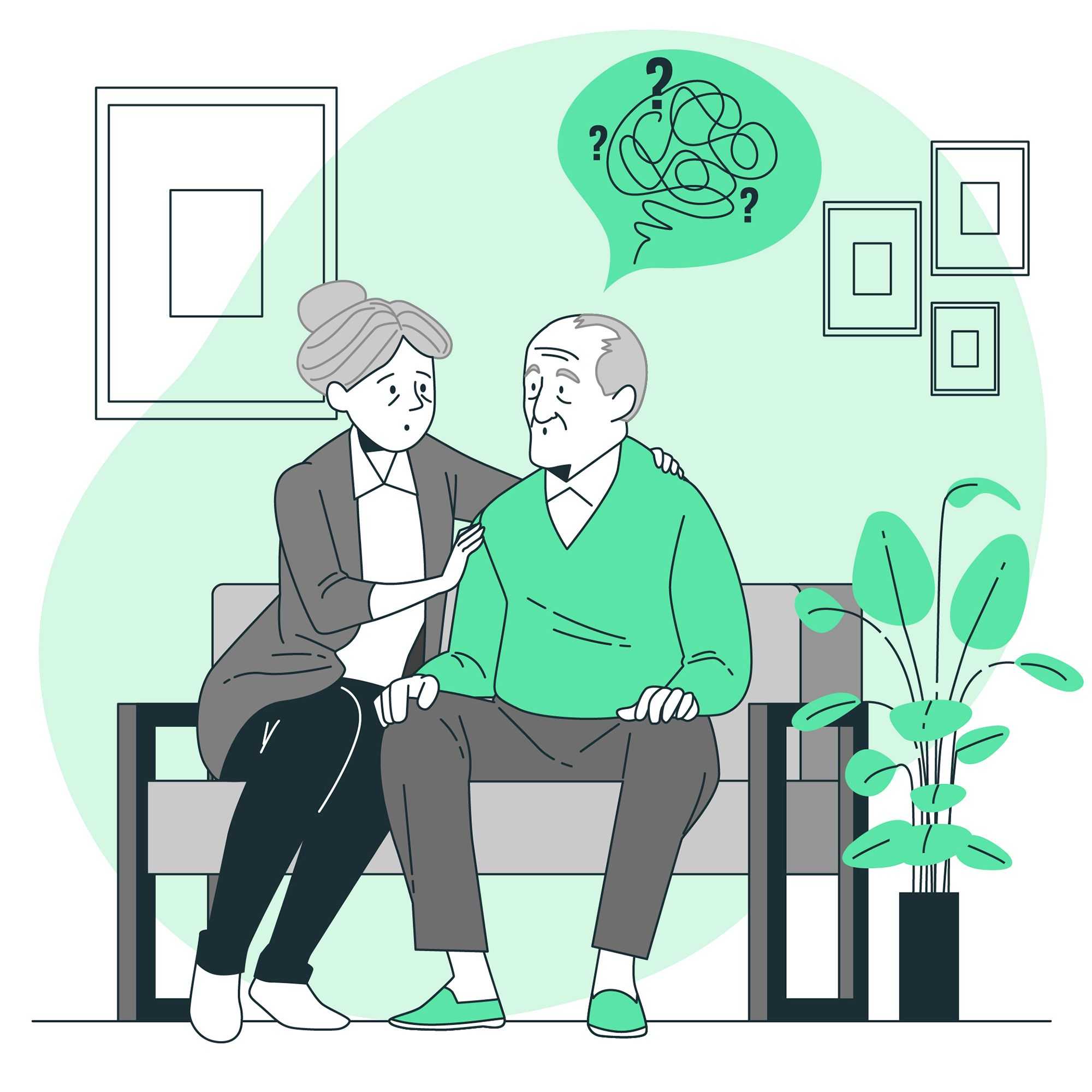There is probably no single cause, but several factors that may influence the development of Alzheimer's disease, such as genetic, environmental and lifestyle factors.
Research shows that in the brain of a person suffering from Alzheimer's disease, we can observe the deposition of proteins such as amyloid plaques and neurofibrillary tangles, which is associated with chronic inflammation and deterioration of blood circulation in the brain. As a consequence of these changes, connections are lost and nerve cells die. At the beginning of the disease, this process takes place in the brain structures responsible for memory and then also affects other areas.
What are the risk factors for Alzheimer's disease?
- Age
Age is the most significant known risk factor for Alzheimer's disease. It should be emphasized here that Alzheimer's disease is not a stage of typical aging. However, with age, the risk of its occurrence increases.
Research has shown that there are four new diagnoses for every 1,000 people aged 65 to 74 each year. Among people aged 75 to 84, there were 32 new diagnoses per 1,000 people. For people aged 85 and over, there are 76 new diagnoses per 1,000 people.
- Family history and genes
The risk of developing Alzheimer's disease is slightly higher if a first-degree (line) relative - a parent or sibling - has the disease. How genes in a family influence the risk of Alzheimer's is complex. Approximately 25% to 30% of the population carries the APOE e4 gene. However, not all people with this form of the gene develop the disease.
- Down syndrome
Many people with Down syndrome develop Alzheimer's disease. This is probably due to having three copies of chromosome 21. Chromosome 21 is a gene involved in the production of a protein that leads to the formation of beta-amyloid. Importantly, symptoms of Alzheimer's disease usually appear 10 to 20 years earlier in people with Down syndrome than in other people.
- Gender
On average, more women suffer from this disease, but it is a matter of age, because they live statistically longer than men.
- Mild cognitive impairment
People with mild cognitive impairment have a decline in memory and other cognitive skills.
However, these people have a significant risk of developing dementia. Early diagnosis of mild cognitive impairment is important as it gives people the chance to implement lifestyle changes and develop strategies to reduce their risk. They can also schedule regular medical appointments to monitor symptoms and treatment.
- Head Injury
Studies have shown that people aged 50 years or older who suffered a Traumatic Brain Injury (TBI) had an increased risk of dementia and Alzheimer's disease. This risk is even higher in those with more severe and multiple TBIs. Some studies have shown that the risk may be greatest in the first six months to two years after injury.
- Air pollution
Studies have shown an increased risk of dementia, including Alzheimer's disease, in people exposed to air pollution - especially road exhaust and wood burning.
- Excessive alcohol consumption
It has long been known that drinking large amounts of alcohol adversely affects the brain. A number of studies have shown that alcohol use disorders have been linked to an increased risk of dementia - particularly early onset dementia.
- Poor sleep
Studies have shown that sleep problems, or sleep disorders, are associated with an increased risk of Alzheimer's disease.
- Lifestyle and heart health
Risk factors associated with heart disease can also increase the risk of dementia. These include:
- Lack of physical activity
- Obesity
- Smoking or exposure to passive smoking.
- High blood pressure.
- High cholesterol levels.
- Untreated type 2 diabetes.
Therefore, changing lifestyle habits can reduce the risk of Alzheimer's disease.
- Cognitive (mental) activity
Research has shown that social contact and engaging in mind-stimulating activities can lower the risk of Alzheimer's disease.



